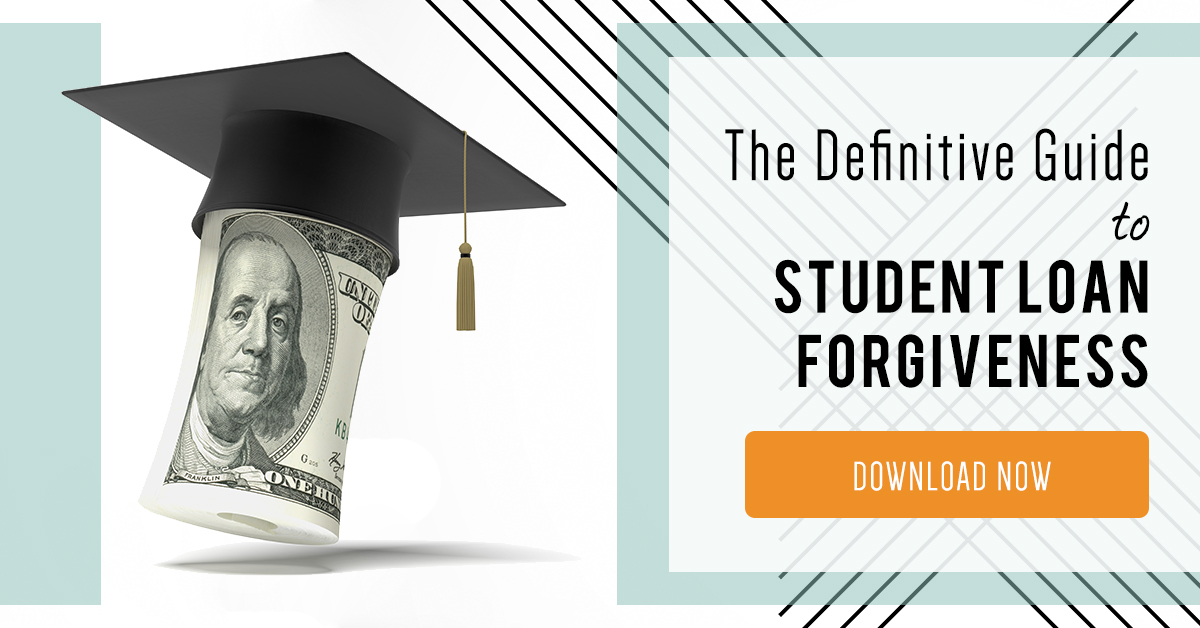The student loan vs. credit card debate is in every student loan borrower’s mind.
Whether you graduated a year or ten years ago, deciding if you should pay off your credit card or student loan first is a big struggle.
However, as with all kinds of debt, there is a smart way of paying them fully.
Here is what you need to know to stay on top of your payments.
Student Loan or Credit Card? Which Should I Pay First?
This post was originally by FinancialWellness.org and share with permission
Student Loans

Let’s break down what comprises a student loan, the extent of its gravity on your finances, its advantages, as well as repayment strategies.
1. Interest rates are lower.
Interest rates for the student loan are usually lower falling within a single digit.
This is comparatively lower compared to the credit card interest rates.
2. It’s tax-deductible.
The government considers student loans as an investment thus, no tax deductions are made.
3. Student loan type may qualify for forgiveness.
This will entitle your debt for cancellation or forgiven totally.
The other option is that you’ll only pay a certain portion.
(NOTE: Need to know if you can qualify for student loan forgiveness? Many people qualify but never find out until it’s too late, and before they know it, they are overpaying their student loans. Get the Definitive Guide on How To Qualify For Student Loan Forgiveness to easily find out if you can qualify for one or more of the many Student Loan Forgiveness programs offered by the Dept. of Education. Click here to learn more.)
4. Assistance for loan repayment as offered by the employer.
You can always verify with the HR what your options are when it comes to this or if they have an existing loan assistance program.
You might also look into this option in your job hunt in the future.
Repayment Strategies for Student Loans
The Secret To Paying Down Your Student Loans Faster That Lenders Don’t Want You To Know via @forbes https://t.co/veRqfRq3cT #studentloans pic.twitter.com/TAACETRAu2
— Make Me a Freshman (@makemeafreshman) August 15, 2017
1. Consider auto-debit payments for your student loan.
2. Pay in excess or pay the minimum consistently until they are completely paid-off.
3. Go for the option of zero-interest credit if it is offered.
Credit Card

Credit card debt is as tough to pay off as the student loan.
Let’s identify what consists a credit card debt and how you can settle it with the repayment strategies.
1. Managing and maintaining a good credit score.
The moment you swipe a credit card, it automatically registers a payment due right away.
The credit card issuers then send your payment history to companies in charge of credit reporting.
Boost your credit score by paying the balance in full each month.
2. Higher interest rates compared to student loans.
Using a credit card to pay tuition fees and other school expenses can help you in funding even more than that such as laptops, books, etc.
However, you should review this option first due to higher interest rates.
Want to see the full article?
Click here to read the full article on FinancialWellness.org
There is no one solution that applies to every person’s student loan vs. credit card struggle.
Breaking down the pros and cons of both is necessary for assessing which one you are capable of paying off first.
Some financial situations can accommodate student loans first, others credit cards.
Still, some are able to manage both at the same time through a combination of strategies.
With enough research and discipline, you will wake up debt-free one day without even noticing it.
(NOTE: Need to know if you can qualify for loan forgiveness? Many people qualify but never find out until it’s too late, and before they know it, they are overpaying on their loans. Get the Definitive Guide on How To Qualify For Loan Forgiveness to easily find out if you can qualify for one or more of the many Loan Forgiveness programs offered. Click here to learn more.)
What are your thoughts on handling student loans and credit cards? Let us know in the comments below.
Up Next: Income Based Repayment Plan


Leave a Reply